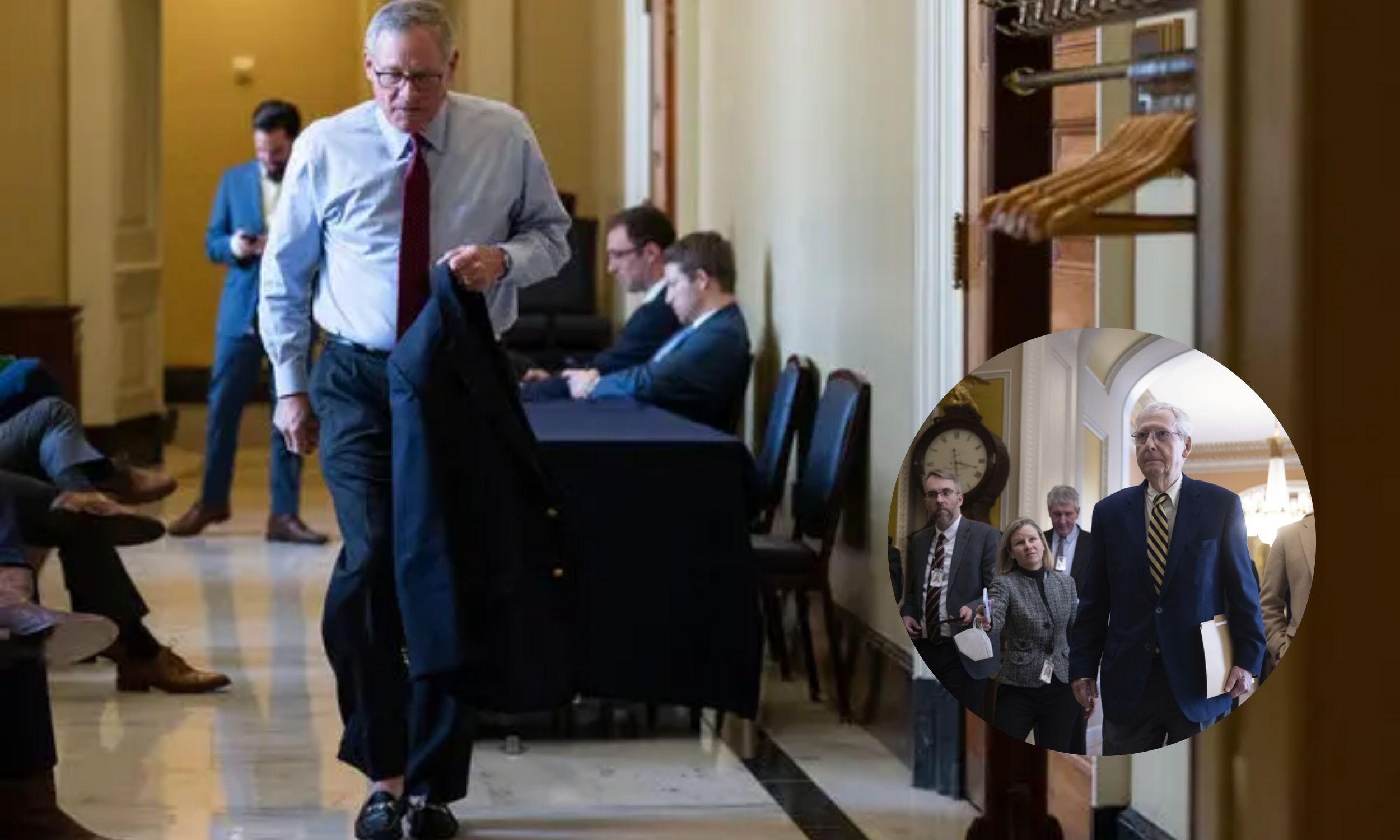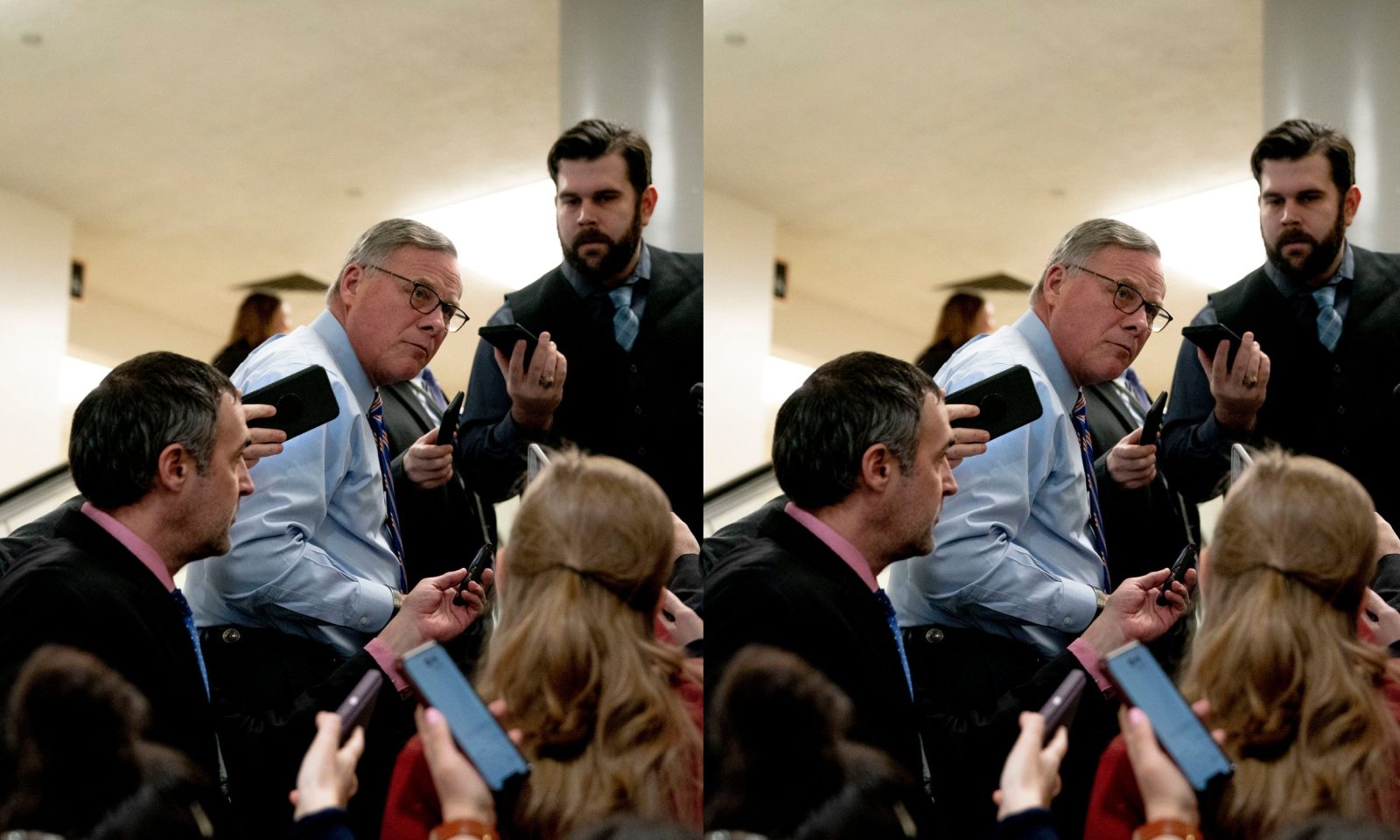In his swiftly emptying office, Senator Richard M. Burr of North Carolina reflected on the mounting frustrations of recent years: a party leadership that undervalued committee work, an institution resistant to new ideas, and unnamed colleagues who were reluctant to collaborate or understand legislative details.
“Can we be a visionary body versus a crisis management institution?” Mr. Burr pondered about the Congress where he had served for nearly thirty years.

As Mr. Burr prepares to leave Congress, joining nearly a half-dozen Senate colleagues and around thirty House members in stepping away from Capitol Hill, the impact of this exodus is expected to be outstanding.
This year’s retirements are particularly remarkable as Washington faces a new House Republican majority that has shown little inclination to collaborate with President Biden and the Democratic-led Senate.
Senator Mitt Romney of Utah, one of the Republicans remaining, acknowledged the challenge: “I’m not willing to hoist up the white flag at this point,” despite his involvement in numerous private negotiations aimed at achieving compromise legislation that seemed elusive this past year.
Regarding the departing lawmakers, he admitted, “No question — it’s going to be very hard.”
With the departure of seasoned legislators like Senators Patrick J. Leahy, Democrat of Vermont, and Roy Blunt, Republican of Missouri, there are concerns that even basic governance tasks will become difficult, let alone negotiating compounded, trillion-dollar spending bills or updating outdated laws.
Representative John Yarmuth of Kentucky, the outgoing Democratic chairman of the House Budget Committee, expressed concern that many current members are more interested in performance art than in actual governance.
Yarmuth, who counted the $1.9 trillion pandemic relief plan of 2021 among his key achievements, noted that no Republicans supported the measure, and the incoming House majority aims to reverse increased IRS funding in the Democrats’ climate, health, and tax legislation.
































Leave a Reply